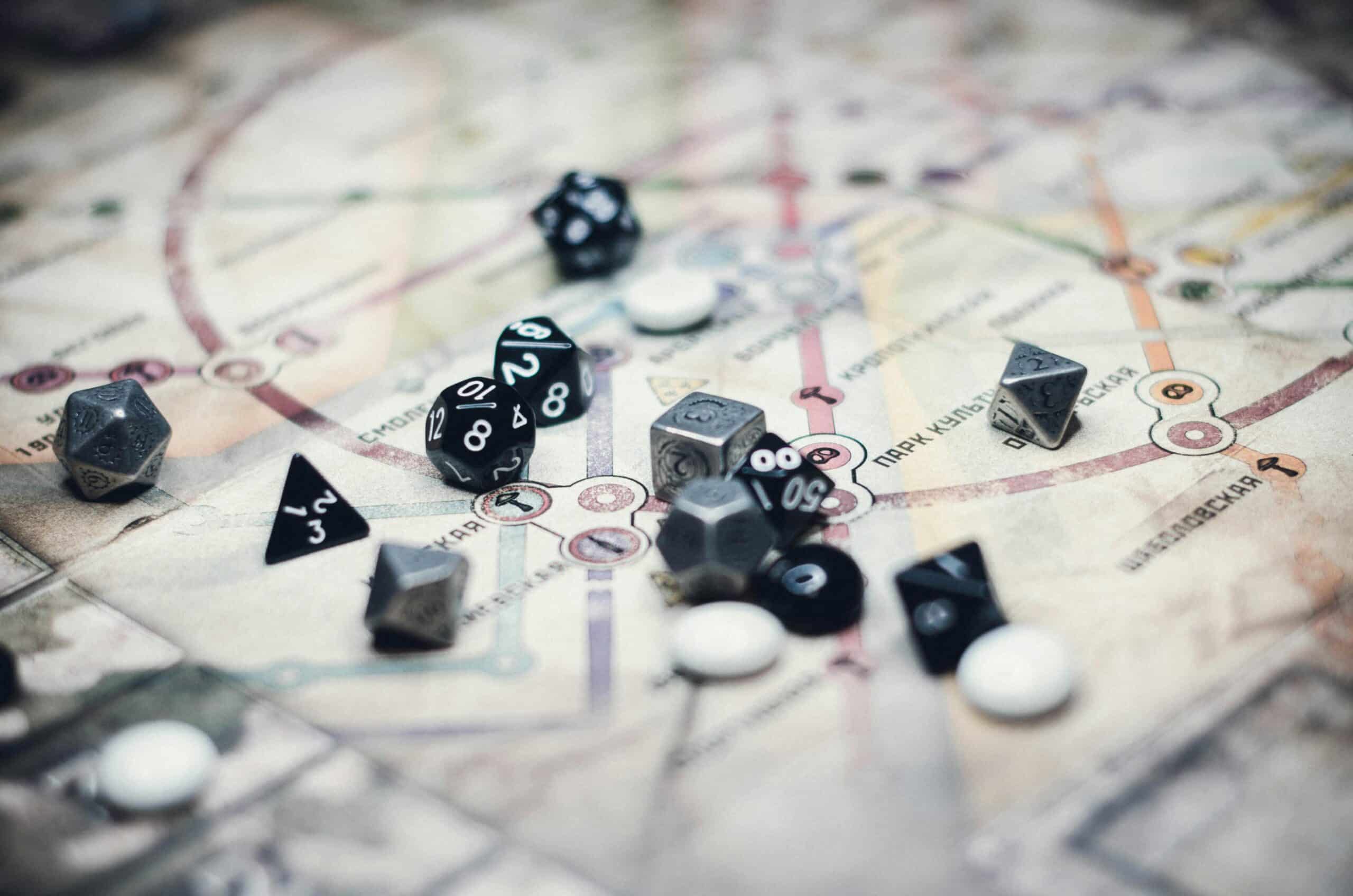Incorporating a poker mini-game into your Dungeons & Dragons campaign is a great way to bring a refreshing twist to your sessions. Done right, it can introduce a fun, lighthearted element that also adds layers of tension and excitement.
Poker isn’t just a card game—it’s a game of strategy, psychology, and risk. For instance, the mini-game Monster Poker employs mechanics mirrored in traditional card games. There are card values, opportunities to bluff and strategize, and high stakes that reward success. These elements can be translated into DnD in a way that engages your players, offering the chance for character gains, setbacks, and memorable roleplaying moments.
Here’s how you can weave poker into your campaign for a thrilling mini-game that fits naturally into your storytelling.
Why poker works in DnD
At their core, poker and DnD are about making decisions with incomplete information. In poker, players bet, bluff, and react based on what they know—or what they think they know—about their opponents’ hands. Similarly, in DnD, players must make decisions based on limited knowledge of the world around them, their enemies, and even the fate of their characters. This overlap between the two worlds is exemplified by celebrities like Matt Damon and Ben Affleck dipping their toes in both games.
According to Biography.com, the pair were childhood buddies and spent their younger years immersed in DnD.
This background in a skills-based game eventually spurred the duo to organize a charity poker tournament for Feeding America in 2020. Hosted on trusted US poker platform ACR Poker, Damon and Affleck went on to raise $1.75 million for the country’s largest hunger relief organization. Essentially, taking part in both DnD and online poker allowed the two to sharpen their skills in strategy, risk management, and psychological insight.
Setting the scene for a poker mini-game
The first step in integrating poker into your campaign is creating the right environment. A poker game could take place in a seedy tavern, at a noble’s estate, or even at an underground gambling den. This location will set the tone for the game, influencing the stakes, atmosphere, and the NPCs your players will interact with. For example, in a bustling city, a high-stakes poker game might attract wealthy merchants and scheming nobles, while in a dark and dangerous forest, a poker game could be hosted by bandits looking to test their luck.
Additionally, you can amplify the tension by introducing NPCs who are particularly skilled at poker. Perhaps there’s a rival thief who always seems to know when you’re bluffing or a noble with a reputation for ruthless strategies. These NPCs can push the players to think critically, increase the stakes, and heighten the drama. A bad hand could mean more than just a monetary loss—it could lead to the party being indebted to a dangerous figure or losing a key ally’s trust.
Stakes that go beyond gold
Another exciting aspect of incorporating poker into your DnD game is the potential for stakes that go beyond just gold. While a monetary wager is the most common, think about how poker could influence the story. Perhaps players bet with magical items, information about a powerful artifact, or the future of an NPC ally. In one scenario, a successful poker hand might earn the players an enchanted sword or a rare spell scroll. Conversely, a failed hand could mean losing a valuable item or having to make an uncomfortable deal with an NPC.
Try my AI Tabletop RPG generators...and an extensive library of content!
If the stakes are high enough, the poker game can directly impact the party’s progress. For instance, if the players are involved in a secretive heist plot, as seen in the DnD anthology Keys from the Golden Vault, they could gamble for information that leads them to items to execute their heist. Poker can thus serve as a way to influence the narrative, making every hand dealt feel like it could alter the course of the campaign.
Whether they’re risking gold, magical items, or critical information, poker can be a tool for both lighthearted moments and high-stakes drama. By carefully crafting the environment and raising the stakes, you can ensure that every hand dealt gives players an opportunity to roleplay in a new way.
For more RPG guides and tips on creating an immersive DnD campaign, visit the LitRPG Reads website.


